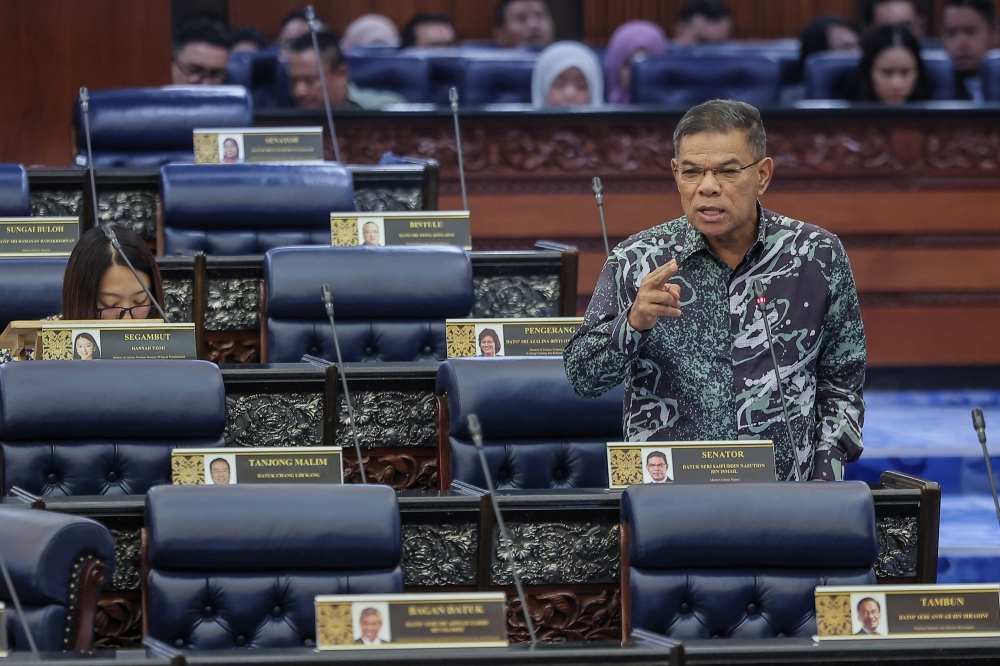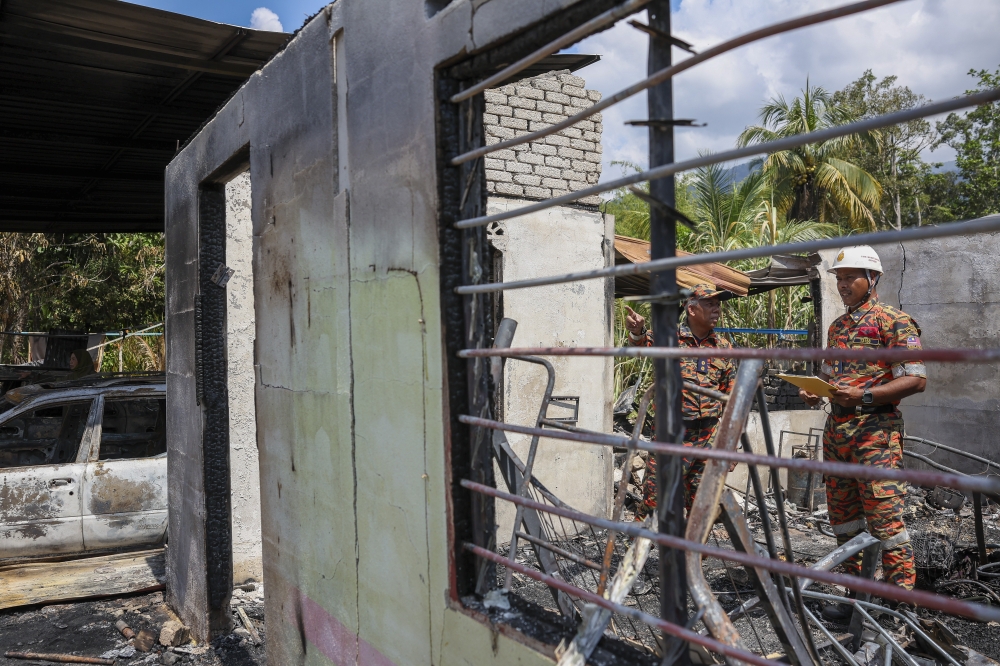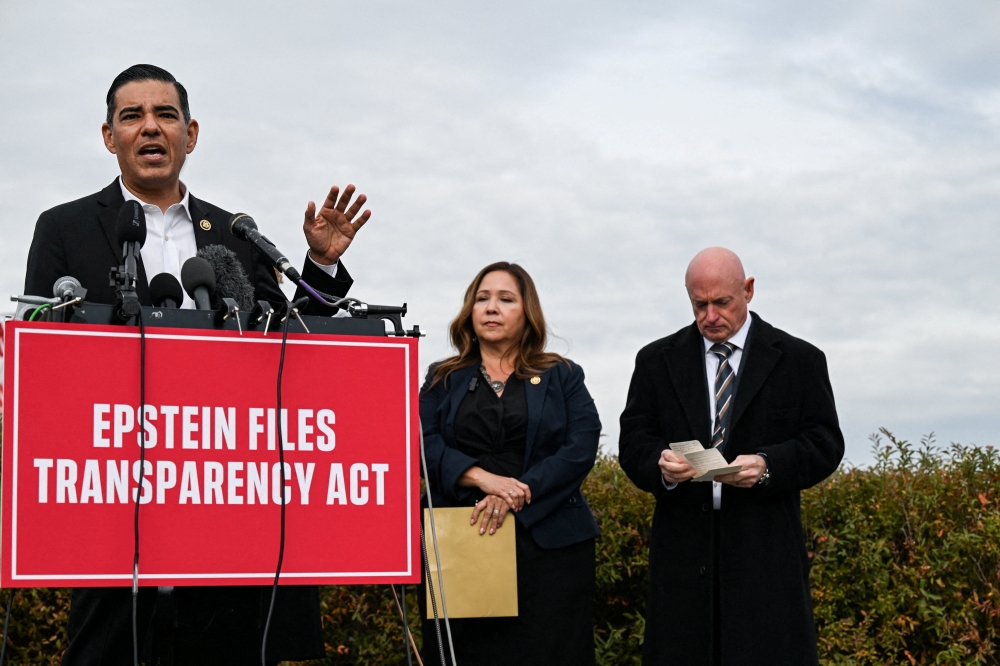KUALA LUMPUR, April 7 — The World Health Organisation (WHO) has come out against vaccine passports, for now, saying they may exacerbate unequal access to vaccines in many countries.
Speaking at a virtual press conference in conjunction with World Health Day, Regional Emergency director for the WHO Western Pacific Region (WPR), Dr Babatunde Olowokure said although they understood the importance of international travel for countries’ economic recovery, the global vaccine supplies were currently too limited to introduce vaccine passports.
“At the present time, it is WHO’s position that national authorities and travel authorities should not introduce proof of Covid-19 vaccination for international travel as a condition for departure or entering (a country). Limited global supply is (a) factor. Preferential vaccination for travellers could lead to fewer vaccines for those who are considered at risk,” he added.
Dr Olowokure said the lack of data on whether vaccines were able to prevent infection and transmission of the coronavirus was also another point against vaccine passports.
He also warned against “vaccine optimism”, saying that current public health measures such as wearing a face mask and practising hand hygiene should still continue despite the vaccination.
Countries, including Malaysia have been mulling over requiring proof of vaccination for travellers and private hospitals in Malaysia which came out strongly for the idea in March, suggesting vaccine passports would aid the recovery of the medical tourism industry here.
The WHO-WPR also announced plans to set up a regional genome surveillance network with member countries Singapore, Japan and Australia to provide genome sequencing of viruses for countries that lack the ability to do so.
Regional director for the WHO-WPR, Dr Takeshi Kasai said doing so would help them keep track of current and new variants of Covid-19, as well as new emerging diseases.
“This is going to be a very important infrastructure for the next pandemic,” he said.
The WHO also recommended countries to continue using the AstraZeneca-Oxford vaccine, saying studies have shown the vaccine did not cause blood-clotting deaths.
Meanwhile, the coordinator of Essential Medicines and Health Technologies for tWHO-WPR, Dr Socorro Escalante said the observed rates within the vaccinated population have been lower, as that would have been naturally occurring in the general population.
The United Kingdom reported seven deaths out of 30 people who developed blood clots after receiving a shot of the AstraZeneca-Oxford vaccine and as of April 6, more than 18 million have received the vaccine there. — Bernama

















